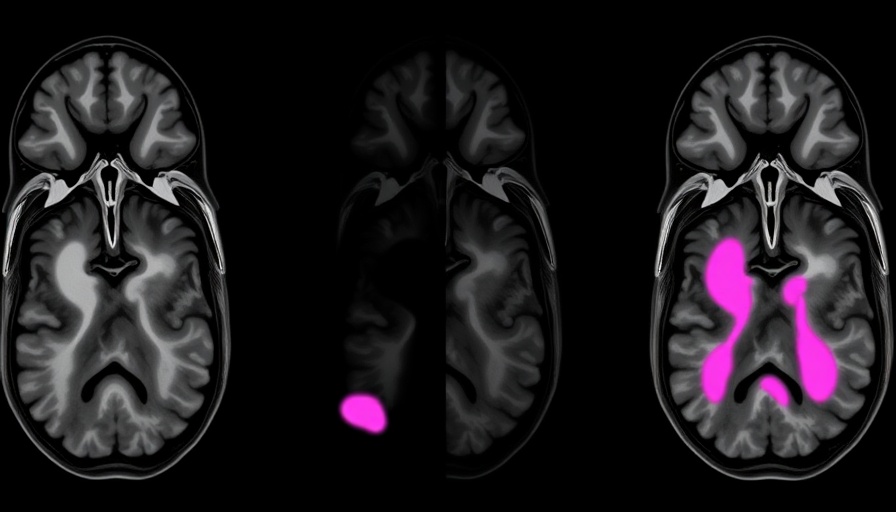
How Synthetic Biology is Revolutionizing Beekeeping
In an era where honeybee populations face dire threats from climate change and industrial farming practices, a team of researchers from the University of Oxford has made a remarkable discovery. They engineered a yeast strain to produce a mix of six essential sterols that bees need for proper nutrition. This advance offers a beacon of hope for beekeepers struggling to sustain their colonies amidst declining floral diversity.
The Importance of Nutritional Diversity for Bees
Honeybees primarily rely on pollen, which serves as their main food source, rich in proteins, lipids, and sterols. These nutrients are vital for their growth and development. However, the diversity of pollen has dramatically decreased due to urbanization and monoculture farming practices, leading to a deficiency of these crucial nutrients. The engineered yeast provides a complete sterol profile, reminiscent of the natural diets found in flourishing ecosystems.
Breakthrough Results from the Feeding Trials
The research team conducted three-month feeding trials with bee colonies, where those receiving the sterol-enriched diets showed a staggering increase in reproduction—up to 15 times more viable larvae compared to those on standard diets. This significant growth indicates that providing bees with a nutritionally balanced diet could directly counteract some of the ongoing threats to their survival.
Broader Implications for Agriculture and Biodiversity
Bees are critical to agriculture, pollinating many crops that humans rely on. The decline in bee populations threatens not only honey production but also global food security. With the new findings, we may be able to bolster bee colonies, thereby reinforcing their role in maintaining agricultural diversity. This knowledge may also encourage farmers and beekeepers to adopt innovative feeding strategies that align with sustainable practices.
Insights from Experts on Bee Nutrition
Professor Geraldine Wright, the senior author of the study, underscores the significance of utilizing synthetic biology to address pressing ecological issues. As most sterols necessary for bee health cannot be harvested in sufficient quantities from natural sources, this breakthrough facilitates the production of a balanced diet that could be commercially viable. This advancement not only helps bees but also presents a new avenue for agricultural sustainability.
Alternative Perspectives and Industry Implications
While the study celebrates significant advancements in bee health, some experts raise concerns about over-reliance on engineered solutions. Discussions are taking place in the ecological community about how to balance these innovations with enhancing natural habitat restoration efforts. To support bee populations effectively, multiple strategies must be employed, including providing diverse flowering plants that can naturally replenish nutrient sources.
The Role of Public Awareness and Community Initiatives
As individuals can play a pivotal role in bee conservation efforts, public education on what they can do to support local ecosystems is vital. Urban residents, especially in areas like Dallas, have opportunities to support bee populations through initiatives such as gardening with native plants and establishing bee-friendly habitats. As much as scientific advancements are critical, grassroots efforts contribute significantly to the health of bee colonies.
Incorporating insights about local lifestyles, Dallas residents can find ways to integrate these ecological efforts into their day-to-day lives while exploring the environmental and economic aspects of their community. Whether through urban gardening or participating in local beekeeping workshops, every little effort counts in fostering biodiversity.
Call to Action: Embrace Sustainable Practices
If you’re passionate about the environment and want to contribute to bee conservation, consider integrating bee-friendly practices into your daily lifestyle. Support local beekeepers, advocate for pollinator-friendly legislation, and plant diverse flowers that provide nourishment for bees. Together, we can make a difference in preserving these vital pollinators.
 Add Element
Add Element  Add Row
Add Row 



Write A Comment